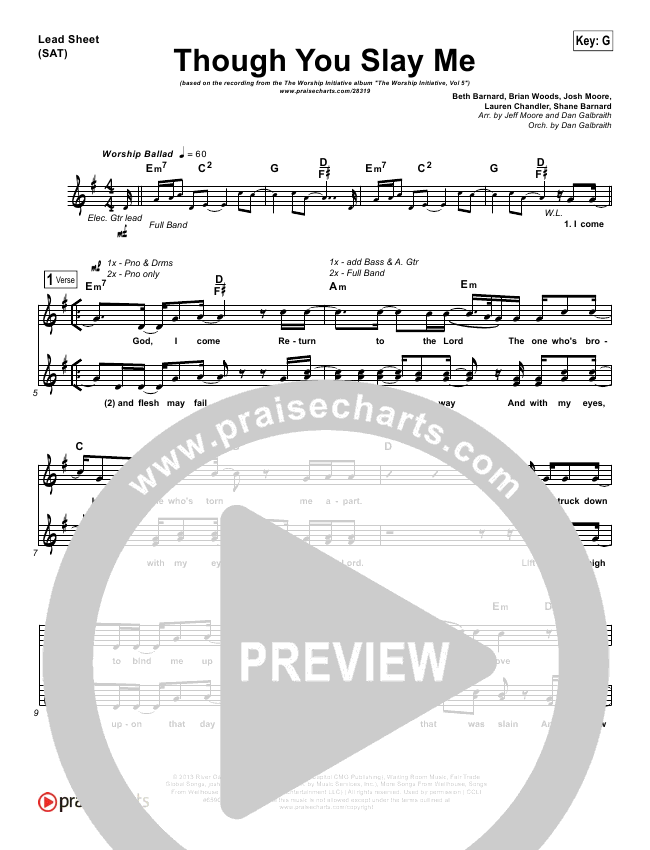


Too sacred to speak, when encountered in written text, the reader speaks ‘ Adonai(Lord). If such a word conveys “an offensive or indelicate meaning,” though written in the text (Kethiv), is “often replaced in reading (Qere, footnote) by another word-usually a euphemistic one.”Although not a mistake, he provides an example of substituting the spoken for the written text in the divine name, YHWH. Weingreen, author of a Hebrew grammar states, “corrections of recognized errors are retained in the text…due to the extreme reverence felt and acts as a safeguard against tampering with it.”īut the scribes may “speak” not only for errors but also for an objectionable written word. Describing the scribal process of hand copying sacred manuscripts, J. How we translate Job 13:15 centers on whether we read with what is written, (called in Hebrew the Kethiv, “Written”), or we read with what is spoken, (called in Hebrew the Qere, “Spoken”).

How do we account for the difference? And how do we decide which is correct? The Text

15 reads, “An older (and traditional) translation incorrectly renders the verse as expressive of unflagging trust in God: ‘Though he slay me, I shall wait for him.’”Some translations translate one way, but others with the opposite meaning. The Revised Standard Version (RSV), for example, reads: “Behold he will slay me I have no hope yet I will defend my ways to his face.” The translation published by the Jewish Publication Society of America (JPS) renders the verse, “He may well slay me I have no hope Yet I will argue my case before Him.” And the New English Bible (NEB) Oxford Study Edition reads, “If he would slay me, I should not hesitate I should still argue my case to his face.” Their study note on v. Other versions, however, choose the footnoted reading. “I have no hope.” How could the same Hebrew words be translated to mean the opposite of one another? The Footnote On that same page, however, the NIV footnote reads, “Or, He will surely slay me I have no hope–/yet I will.” Note that the footnote reads opposite of the text translation: “I will hope in him” vs. We already know the familiar King James Version (KJV) reading: “Though he slay me, yet will I trust in him: but I will maintain mine own ways before him.” The New International Version (NIV) translates, “Though he slay me, yet will I hope in him I will surely defend my ways to his face.” This NIV rendering agrees with the KJV and with our popular remembering of Job’s words. Let’s look at how some of the modern translations deal with Job 13:15. Much of the difficulty arises from our dependence on scholars who translate the text of Job into English. In this commentary on Job 13:15, I explain how the different translations came about. In my last blog, I discussed Job’s protest.


 0 kommentar(er)
0 kommentar(er)
